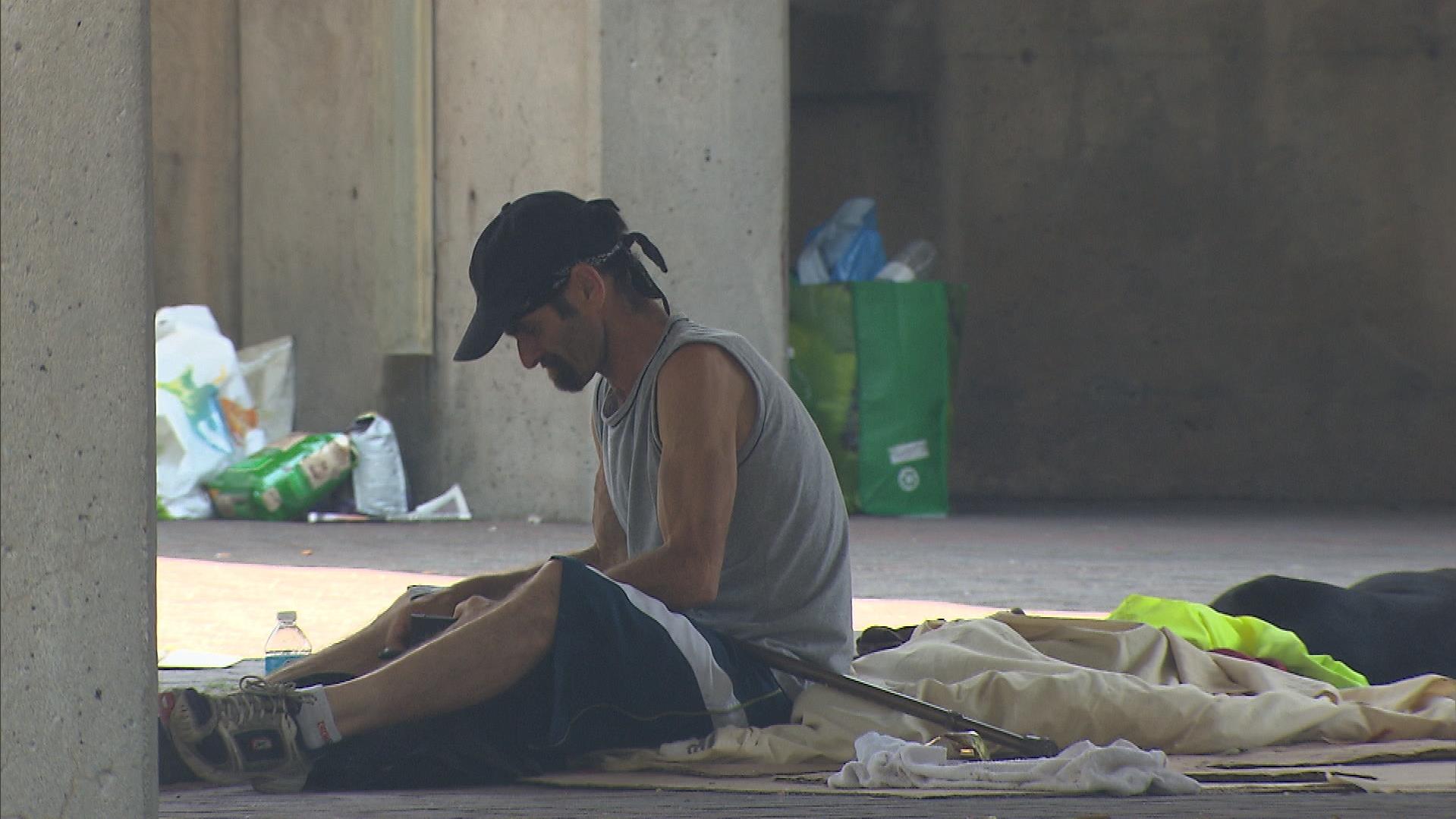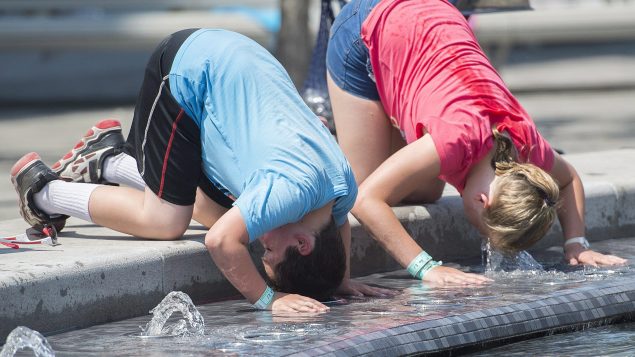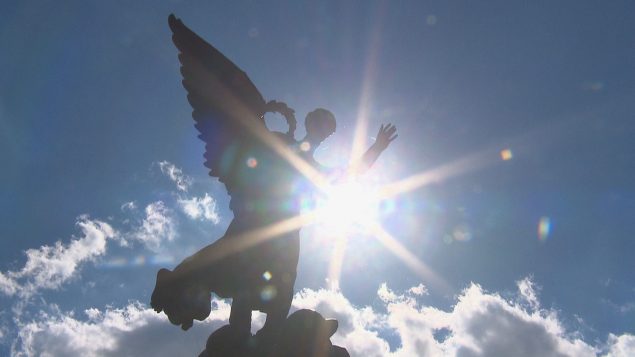At least 33 people have died as a result of the heatwave that has blanketed much of southern Quebec and other parts of central and eastern Canada, regional health authorities said in an update on Thursday.
And provincial authorities are bracing for more as Environment Canada issued a heat and smog warning for parts of southern Quebec on Thursday.
Temperatures in Montreal and the surrounding areas are expected to climb to 35 C – nearly 10 degrees higher than the average high for the season. Humidity will make it feel like temperatures between 40 C and 45 C, Environment Canada said.
Dr. Mylene Drouin, head of the regional health authority, told reporters at a press conference the majority of victims were between the ages 50 and 80.
“For the last three days we have been in a full response mode in the Montreal region,” she said, adding that regional health authorities have set up 19 air-conditioned shelters for residents needing a reprieve from the oppressive heat.
None of the deaths took place in public health institutions, according to Public Health Minister Lucie Charlebois.
“We have to remain vigilant and continue to take precautions to avoid health problems,” Charlebois said Thursday at a news conference.
Checking on the most vulnerable

Quebec health officials warn that people with existing health conditions, mental health and substance abuse issues are most at risk during the heatwave. (Yannick Donahue/CBC)
Montreal’s civil protection agency has launched a door-to-door campaign to check on people deemed most vulnerable to the heat – those in low-income neighbourhoods with no air conditioning in their residences, people with chronic illnesses or suffering from mental health and substance abuse issues.
Specially trained teams, including mental health professionals, firefighters and police officers, are checking on vulnerable residents, Drouin said.
They have visited over 34,000 vulnerable residents to check on them during the week-long heatwave, she added.
Since the heatwave began Saturday, the provincial ambulance service said it has received, on average, 1,200 calls per day from distressed citizens, stretching paramedics’ ability to respond to other emergencies.
Taking precautions

A boy and girl dunk their heads in a water fountain in Montreal on July 2, 2018. The scorching heat wave has set records in the provinces of Quebec and Ontario. (Graham Hughes/The Canadian Press)
Provincial health authorities recommend taking the following measures to prevent heat-related health problems:
- Drink six to eight glasses of water per day;
- Avoid alcoholic beverages;
- Spend at least two hours a day in an air conditioned or cool place;
- Take at least one shower or cool bath per day, or cool your skin several times per day with wet towels;
- Limit physical activities;
- Wear light clothes;
- Never leave a child or a baby alone in a vehicle or a poorly ventilated room, even for a few minutes;
The heat is expected to break Thursday night, with temperatures dropping to about 23 degrees Celsius on Friday morning.







For reasons beyond our control, and for an undetermined period of time, our comment section is now closed. However, our social networks remain open to your contributions.